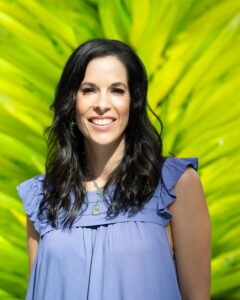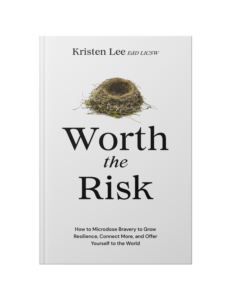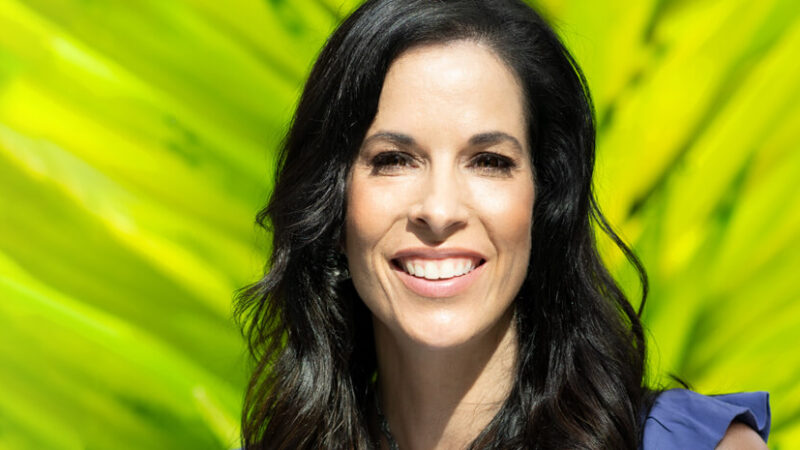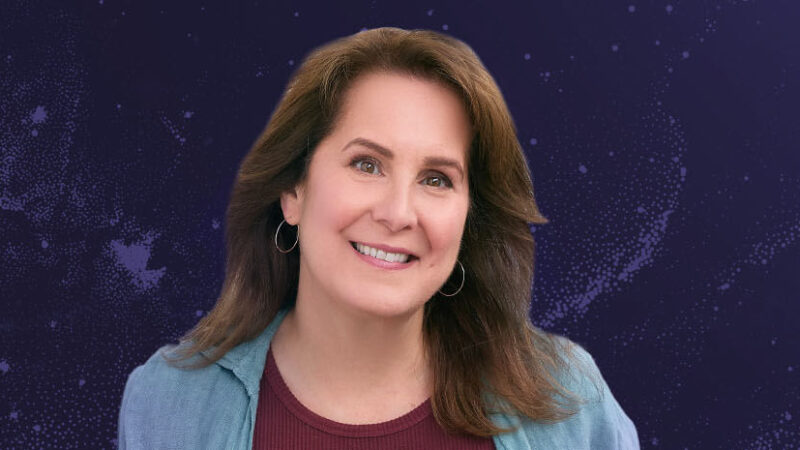At a time when we’re marinating in trauma and dealing with the test of a lifetime, we all wish things were different. When what we want from life is a million mile march from what it actually is, it can seem like we need a massive intervention to keep facing what’s at hand.
But research shows that small things can make a big difference. Just like stress is cumulative, so are the daily steps we take to grow and give.
Microdoses of bravery add up. To start, consider moving from asking what will the world offer me, to what will I offer the world? Tiny bits of strategic courage are sources of nourishment that can help you become what you want to receive.
Getting comfortable with the uncomfortable is a tall order, but worth doing. Microdosing bravery can help us build the strength and stamina that helps us heal, create, and liberate from fear, despair, and isolation.
Here are three ways you can experiment with microdosing bravery including journal prompts for reflection.

BE LOVE.
Loneliness is being called “the new smoking,” a modern health risk. For some, the global pandemic has strengthened relationships, allowing for bonding and teamwork like never before. For others, it’s wreaked havoc: leading to feeling smothered and stuck. For those living alone, distancing has been brutal, making love feel far from reach. Loss, whether through death, divorce, breakups, or other factors, singes our hearts. We can become avoidant and skeptical of our future potential to love and be loved.
When we strive to embody love, it’s essential to keep an open mind and heart. Loving connections are protective factors to our well-being. Consider these microdoses of bravery to strengthen your relationships, your sense of belonging, and the co-creation of new love paradigms in your life:
- Get real. Go through your friends on social media and make a list of all the real people in your life with whom you can be yourself. Make a conscious effort to spend time outside of social media. Thank them for being so real to you and vow you’ll do the same.
- Spark connection. Initiate a conversation with a partner or friend to see if you can build greater intimacy or camaraderie. To improve your connection, ask them what would mean a lot to them, and offer your own thoughts too.
- Seek affinity relationships. Write a short poem or essay about yourself to clarify your various identities and then seek an affinity connection. Invite that person for coffee. Don’t shy away from sharing yourself and nudging them to do the same.
- Be innovative. Create your own bravery microdose to help you be love.
Take note:
Write down what you chose to do and reflect on how it cultivated love in your life. Consider sharing this with someone you trust to help you maximize your efforts.
BE HEALING.
The level of trauma at hand has ravaged our lives, making healing feel elusive on a good day, impossible on a bad. Given the magnitude of suffering at hand, healing should not be trivialized as a three-step process. Healing requires enormous courage. Microdosing bravery can help us reach out and tap in to the many forms of restoration available to us.
Understanding how resilience works is a helpful way to begin healing. Gone are the days when it was viewed as a character trait—something you’re born with or not. There’s a lot of hype about being gritty and never letting anyone see you sweat that gets in the way of us finding the right support. Here are some ways to microdose bravery to foster healing and build resilience:
- Recognize you’re not alone. The biggest lie our difficulties tell us is that we’re the only ones dealing with such intense suffering. All of us are living in a global mental health crisis, with exorbitant pressures and crushing circumstances. Suffering is part of our shared humanity. Finding solidarity and safe community can serve as a catalyst to healing. As we get traction in our own healing process, our acts of courage can be nourishing and healing to those around us.
- Self-advocate. Healing requires intentional change in our communication. Many of us are comfortable and willing to give help, but few are asking for it. Identify one trusted person in your life that you know has the emotional maturity and skills to listen and support you. Tell them what you’re going through and work with them to identify potential roads toward healing, such as therapy, strategic behavioral change, and targeted self-care.
- Set boundaries. Untreated trauma and unresolved issues can haunt us and impair the quality of our lives. By paying attention to what we say yes and no to, we can ensure we are leaving space for growth after we’ve gone through significant stressors. Find language to courageously share what you can commit to, and what you cannot. Enlist support to help you firmly protect your time so that you can devote attention to healing and restoration.
- Identify resources. Take some time to scan your direct environment for things that nurture and sustain you. Select one or two things that can be microdosed to build your bravery.
Take note:
Write down things that help you experience healing. How can you continue to build off this?
BE A LIBERATOR.
Society can project a lot onto us, caging us into patterns of conformity that can become harmful. Freedom to live as our truest selves isn’t something that comes with safety or ease. The work of unhooking from social prescriptions and ills can be fraught and exhausting. Still, when we find the courage to call out injustice and fight for a more humane world, we can experience exuberance and help change paradigms.
When we strive to liberate, we realize that we must dismantle oppression. That we must advocate for inclusivity and human reverence, particularly for social identities that are marginalized and harmed. Constrained living hinders human progress, individually and collectively. Consider these microdoses of bravery to liberate from social constructs that are harmful:
- Let go. Take inventory of so-called social “norms” and become less apt to cower in the face of social impositions that are dismissive and destructive toward “difference.” Embrace your own multidimensionality, and that of humanity.
- Speak up. We all have opportunities to be active contributors rather than passive bystanders in the world. Practicing accountability means that we call out injustice and work to eradicate forms of human suffering and imprisonment—whether based on race, gender, orientation, age, place of origin, or other social identity categories.
- Practice human reverence. Move from me to we. See the glory and wonder across the human spectrum. Honor varied identities and perspectives. Work to find and engage in diverse relationships, rather than staying insular or spending time with those that look like, love like, and think like you. Become a liberator by standing fervently with those who’ve been marginalized, oppressed, or discriminated against. Seek ways to forge change, bit by bit.
- Break Free. Create your own bravery microdose to help you liberate.
Take note:
What do you need to be liberated from? Do you know someone who is struggling in a similar way? How might you join forces and work together to become freer?
 Kristen Lee, EdD, LICSW, is an award-winning Behavioral Science and Leadership professor, clinician, researcher, activist, comedian, author of Worth the Risk: How to Microdose Bravery to Grow Resilience, Connect More, and Offer Yourself to the World, and host of Crackin’ Up. She has over two decades of clinical experience in mental health, and twelve years of teaching and leadership roles in higher education, focusing on underserved populations. She leads the Behavior Science program at Northeastern University. For more, visit kristenlee.com.
Kristen Lee, EdD, LICSW, is an award-winning Behavioral Science and Leadership professor, clinician, researcher, activist, comedian, author of Worth the Risk: How to Microdose Bravery to Grow Resilience, Connect More, and Offer Yourself to the World, and host of Crackin’ Up. She has over two decades of clinical experience in mental health, and twelve years of teaching and leadership roles in higher education, focusing on underserved populations. She leads the Behavior Science program at Northeastern University. For more, visit kristenlee.com.

Learn More
Amazon | Barnes & Noble | IndieBound | Bookshop | Sounds True











